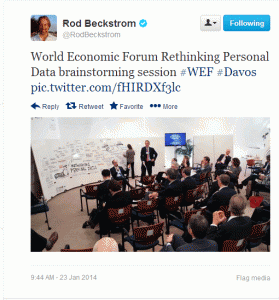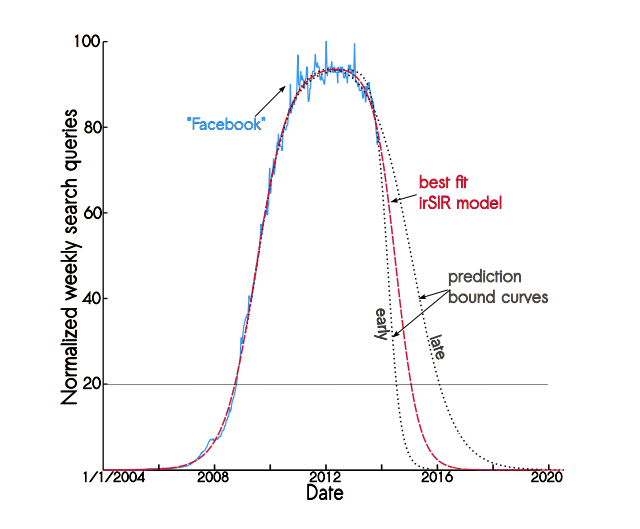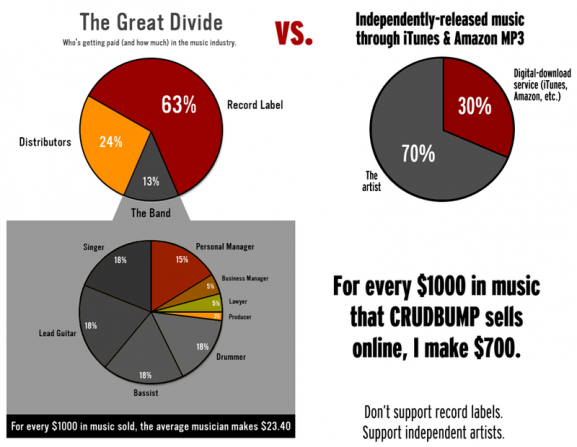Facebook’s numbers have been on the up for years, reaching billions out there. Back in 2006 we were there with a number of early adopters. Then came the teens and over the past few years the parents and grandparents. But in December 2013 a research stated that teens are massively bailing out of Facebook in favor of Snapchat. Anthropologist Daniel Miller concludes:
“You just can’t be young and free if you know your parents can access your every indiscretion,” and “Young people care about style and status in relation to their peers, and Facebook is simply not cool anymore.”
Wired also covered this research, but stated that Facebook shouldn’t worry too much, because “But all that really matters to the service is what happens after teens go off to college and enter “the real world.” How will they stay in touch with old friends and connect with new friends as they enter the crucial 18-to-25-year-old demographic in which lifestyle and purchasing habits are formed?”
That certainly put the stockmarket back to sleep. Meanwhile another group is leaving Facebook: The early adopters are speeding up Google+ growth. At this point in time Google+ surely has the advantage over Facebook with a slick design, cool feats and less annoying advertisements.
Facebook will lose 80% of its users by 2017
Facebook has been pushing the pedal to the metal when it comes to growth. It’s kept on accelerating but its engine is faltering now. This week Princeton researchers stated that Facebook will lose 80% of its users by 2017.
“Ideas, like diseases, have been shown to spread infectiously between people before eventually dying out, and have been successfully described with epidemiological models,” write authors John Cannarella and Joshua A. Spechler in an article recently posted to the preprint databasearXiv. The basic premise is simple: epidemiological models, the researchers argue, can be used to explain user adoption and abandonment of online social networks, “where adoption is analogous to infection and abandonment is analogous to recovery.”
Faltering Business Model
This in itself shouldn’t worry Zuckerberg and shareholders immediately. It is a prediction model, but things are starting to add up. Teens are leaving. Early adopters are leaving. The engine is faltering as Facebook is struggling with its business model. Users have been annoyed with the constant changes in their Timeline as Facebook is tweaking it’s engine to censor most of your data.
Earlier this year, science blogger Derek Muller clearly pointed out some of the major shortcomings of Facebook on a video on YouTube.
“The problem with Facebook is that it’s keeping things from you,” says Muller. “With so many posts being shared throughout the day on Facebook, that clearly some filtering is required. The problem is Facebook is using its filtering power in order to make money.”
Rethinking personal Data

The true reason why Facebook’s engine is faltering is not teens leaving for something cooler, or early adopters leaving for slicker tech. The true reason is that Facebook has failed to nail personal data. Facebook used to be social interaction between people. Now it’s flooded with corporate accounts trying to win your attention. Slowly we are starting to spread our own professional lives. Friends are switching off at your corporate views, and your colleagues are switching off at your private photo’s. Either way, you’re not focussed anymore and you start loosing your audience.
It’s not just Facebook that’can’t deal with the blurred lines of personal and professional data, the same can be said for Amazon, IBM and Microsoft. They dwell in the corporate world, but whereas Facebook from a personal data point of view gets stuck with professional data, cloudproviders run into the opposite trap.. More and more our lives become connected and online. Not only our personal lives, but our professional lives as well. They are not seperate lives anymore and Facebook can’t deal with those blurred lines. We have to rethink personal data. While writing the blog a tweet by Rod Beckstrom came up from the World Economic Forum.
The Magic Quadrant of Social Software: The PPP Protocol
Back in 2009 I wrote an article on the blurred lines between professional and personal data, called the Magic Quadrant of Social Software. Here’s a short extract;
“The current trends on aggregation, the creation of lifestreams is convergence; pulling the content of various media into one single lifestream distributed to all our contact. Regarding the three domains however, we want – no, NEED –divergence; one single point of entry and the option to distribute it to different audiences, across the boundaries set by these domains. One of the functional prerequisites is the ability to organically group contacts (there are more 😉) regardless of the domain they are confined to.
This is, what in my opinion, will make it impossible for each of the platforms mentioned in the Gartner graph to truly claim the Magic Quadrant. Each of these solutions focus on one particular domain; social / personal or professional. The Magic Quadrant platform needs support all three domains in one coherent mashup of these multiple online identities we have fostered with ample mechanisms to guard our privacy, with the appropriate tools to include and exclude people to see certain types of information. It needs to be able to discern who is allowed to see which part of a certain domain”
In this regard, Google+ is ahead of its time (well, actually 4 years late on picking up my pointers) with its circles it comes close to the needed divergence and cross-domain distribution. It doesn’t totally digg the space yet, so Google+ will not be the final destination of the net, but I would advise Amazon, IBM and the likes to rethink their cloud solutions. How are we going to deal with the blurred lines between personal, public and professional data?
Read on: Blurred lines part 2: The Bitcoin Promise
Read on: Techcrunch: Facebook Hilariously debunks Princeton Study

 DRM staat voor Digital Rights Management, het op een of andere manier aan films en muziek meegeven van een code zodat illegale downloads getraceerd kunnen worden, een digitaal auteursrecht of intellectueel eigendomskenmerk en in de entertainment industrie is het al een heet hangijzer sinds eind jaren negentig. In die jaren kwam het peer to peer delen van muziek en films op gang door sites als
DRM staat voor Digital Rights Management, het op een of andere manier aan films en muziek meegeven van een code zodat illegale downloads getraceerd kunnen worden, een digitaal auteursrecht of intellectueel eigendomskenmerk en in de entertainment industrie is het al een heet hangijzer sinds eind jaren negentig. In die jaren kwam het peer to peer delen van muziek en films op gang door sites als 